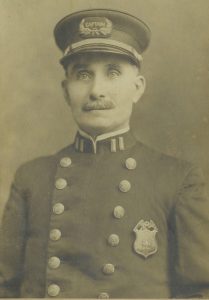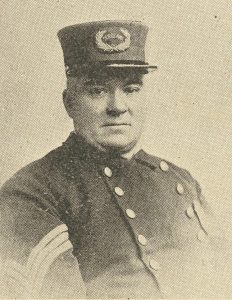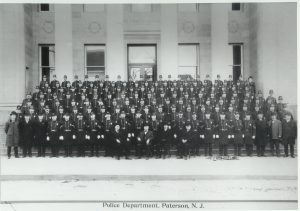NJ Appeals Court Confirms Government Employees Can Only Litigate Employment Claims in One Forum
New Jersey public employees have multiple venues to litigate employment claims against their government employers.
Forums Available to New Jersey Public Employees
New Jersey government employees can sue in New Jersey state court, beginning with the Superior Court of New Jersey which sits in each county, for violation of state laws such as the New Jersey Conscientious Employee Protection Act, the New Jersey Civil Rights Act and the New Jersey Law Against Discrimination, and then the state appellate courts. For employment-related civil rights claims or violations of Federal laws, such as Title VII of the Civil Rights Act of 1964, the Americans with Disabilities Act or the Fair Labor Standards Act, employees can file suit in the Federal courts beginning with the United States District Court for the District of New Jersey which sits in Camden, Trenton and Newark, with appeals heard by the United Staes Third Circuit Court of Appeals and then the United States Supreme Court. A civil service employee who alleges that she was disciplined in violation of civil service laws can appeal to the New Jersey Civil Service Commission, with appeals from Commission decisions being heard by the Appellate Division of the Superior Court of New Jersey. Tenured teachers and other education employees can appeal to the New Jersey Department of Education. Public employees can utilize the grievance procedure in the contract for allegations of violations of the contract for discipline, pay violations and other related matters. Grievance procedures in many union contracts often provide for binding arbitration with the Public Employment Relations Commission (“PERC”). PERC will also hear allegations of unfair labor practices, binding arbitration of certain contract negotiation impasses, scope of negotiations disputes, bargaining unit disputes, and certain appeals of discipline by law enforcement officers who are not employed in civil service jurisdictions.
 New Jersey Lawyers Blog
New Jersey Lawyers Blog



 nepotism, politics, discrimination, whistleblower retaliation, cronyism, or outright bribery. Since the entire purpose of the New Jersey Civil Service System is to ensure that hiring is based on merit, there is an appeal process for applicants who believe that their name was improperly removed from a Civil Service hiring or promotion list.
nepotism, politics, discrimination, whistleblower retaliation, cronyism, or outright bribery. Since the entire purpose of the New Jersey Civil Service System is to ensure that hiring is based on merit, there is an appeal process for applicants who believe that their name was improperly removed from a Civil Service hiring or promotion list.
 These effects impact both
These effects impact both  New Jersey appellate decision in the case of
New Jersey appellate decision in the case of  the civil service system, do not enjoy.
the civil service system, do not enjoy. found to have abandoned her position she may be involuntarily terminated. Thus, the right to appeal these characterizations is important.
found to have abandoned her position she may be involuntarily terminated. Thus, the right to appeal these characterizations is important. protect the rights of applicants while ensuring that they are able to provide the vital public services of their prospective positions.
protect the rights of applicants while ensuring that they are able to provide the vital public services of their prospective positions. jurisdictions which have not adopted civil service do not enjoy. Most government employment decisions which do not involve
jurisdictions which have not adopted civil service do not enjoy. Most government employment decisions which do not involve